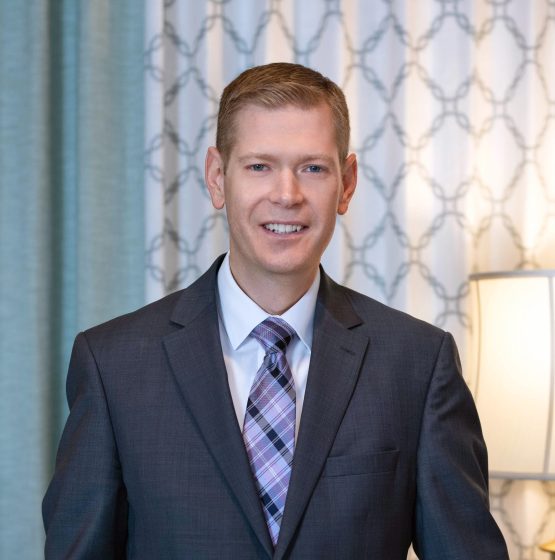
Eric Collett:
The Dementia Disruptor
After losing a contract to a more “qualified” competitor, Eric chose gratitude instead of resentment. That one choice sparked a collaboration, a business, and eventually a reinvention during the COVID crisis that changed everything.
Bio
Eric Collett is the CEO of A Mind For All Seasons, an innovative company specializing in helping people across the United States to optimize their cognitive and mental health.
He is a nationally recognized speaker, consultant and brain health expert, a licensed residential care administrator, a teacher at the College of Western Idaho, and has also taught at Boise State University.
Eric passionately believes that lifelong learning is a key to finding powerful new solutions to significant challenges and has been working to change lives through innovative brain health interventions, dementia care techniques, program development, and leadership strategies since 2000.
Topics
- Why gratitude is the best response to rejection
- The future of dementia care: possibility vs. decline
- What most people get wrong about Alzheimer’s prevention
- How COVID forced a business model evolution
- The “cast your net” principle for hard pivots
- Memory care that actually improves memory
- The power of partnerships in healthcare innovation
- Turning pain into purpose in business
- Why younger people should care about brain health
- Breaking the mold in senior living facilities
Guiding Questions
- What did you feel when you lost that first contract?
- Can you walk us through your first conversation with Randy Vawdrey?
- How did your perspective on “rejection” change after that experience?
- What happened to your business during the pandemic, and how did you respond?
- What does “Cast your net on the other side of the boat” mean to you?
- What surprised you most about pivoting to private clients?
- Why do you believe memory care needs a complete overhaul?
- What were the hardest parts of keeping your team together during the pandemic?
- What should people know about early Alzheimer’s prevention?
- How do you help people today who don’t live in care communities?